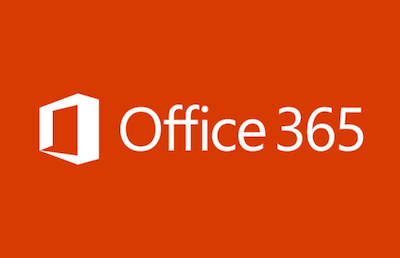Are you considering moving for a new job? It’s not easy to figure out the process, especially if the move is far away. Knowing if a job is truly what it’s advertised to be is already tough to navigate. And especially since travel restrictions have swept the globe due to the pandemic, the decision to move for work has become increasingly difficult.
That’s why we’ve compiled what you need to know and which questions to ask before moving forward with relocation. Let’s get started.
Do Your Research
This one seems pretty obvious, but there is a lot more to doing research on a new city than doing some Google searches on available flats. If you can visit before you move, do it. There is nothing worse than accepting a job offer just to find out you hate the city. You want to physically go there before taking the job to find out how you will adapt to the new surroundings. It’s easy to construct an idea in your head about what life will be like in a new place, but remember that people tend to overgeneralise.
Here are essential points to research before moving for work:
Neighbourhoods
Neighbourhoods are a must to explore. Look around at least a few, and if you cannot physically visit them, try doing a virtual visit. Here are the best ways to explore the neighbourhoods in your new city without travelling there:
- Google maps street view is a great way to do this from home.
- Redditt is another fantastic website to look into neighbourhoods without the worry of sponsored ads painting a false picture of what to expect.
- Tap into your social and professional networks. Someone may have lived there before and can provide their opinion.
- Local news and blog pages will also show what’s going on in the community.
- Research crime rates in areas you’re considering living in.
Cost of Living
Researching the cost of your current location compared to your new one is essential. This will determine your budget, and you may be surprised at how much the cost of living varies per location. Especially if you’re moving from a small town to a big city, you’ll want to know the lifestyle change you may need to adjust for.
This may not be an issue depending on your employer. When you receive your final salary numbers, be sure to check if it’s equivalent to what you would expect based on where you’re planning to relocate. Take everything your employer says regarding compensation with a grain of salt. Companies may use market research that considers rural areas with lower costs of living to determine your salary in denser areas with higher costs of living.
Be sure to check out:
- Rent prices
- Real estate markets
- Average salaries
- Public transportation costs
- Tax differences
- Gas prices
Ask Questions About Moving Expenses.
Your new employer may offer moving expenses, which is the fair thing to do, particularly with cross country moves. But if they don’t, be sure not to shy away from asking. Uprooting your life to relocate for a job is a considerable change. If your new workplace does offer moving costs, be sure to understand how it works:
- You might be offered a lump sum amount for moving. If this is the case, do the math to see if it’s enough for your moving expenses (think about moving trucks, paid movers, gas mileage, airfare, vehicle registration, temporary housing, storage, etc.).
- If you’re offered reimbursement for moving costs, it will be very beneficial to ask what exactly is covered before you go ahead and make purchases. For instance, your company might pay for a moving truck but not for paid movers.
Keep Organised
Everything on this list and more should be well-organised throughout your decision-making process. Google sheets to update in real-time from anywhere is a great solution to mark down all your notes. You can also use Excel or another program. Whichever you choose, just be sure to track which neighbourhoods you like (pros and cons lists for perfect for this!), cost of living expenses, moving expenses, and more.
If you’re planning to move somewhere where you’re responsible for calculating tax deductions, it is crucial to do this. Suppose your employer does not cover any moving costs or only a tiny portion. If you track your expenses and receipts well, you could be eligible for a more significant tax return when you report them to the government.
Remember That It’s Not All About The Job
Often when job seekers relocate, they’re only thinking about the work itself. This is a huge mistake. Consider how this career move will shape you and set you up for success in the future. Analyse these when making the decision:
- Social opportunities
- Resources for physical and mental health
- Networking and other professional development
- How you handle change
- Family or partners who may be moving with you
Hold Off On Long Term Commitments.
When you’ve made your decision, remember that there will always be something unexpected that may throw a wrench in your plans. Expect to take your time settling in. If you have an option to do month to month payments on a flat, do it. Look for Airbnb as temporary housing before signing on to a long term lease. It may very well be that you are not suited for this position at all, or you hate the neighbourhood you chose to stay in.
Fearing the unknown is human nature. But after you follow the above tips to set you up for success in your new job, you will feel more confident and excited about your move!









